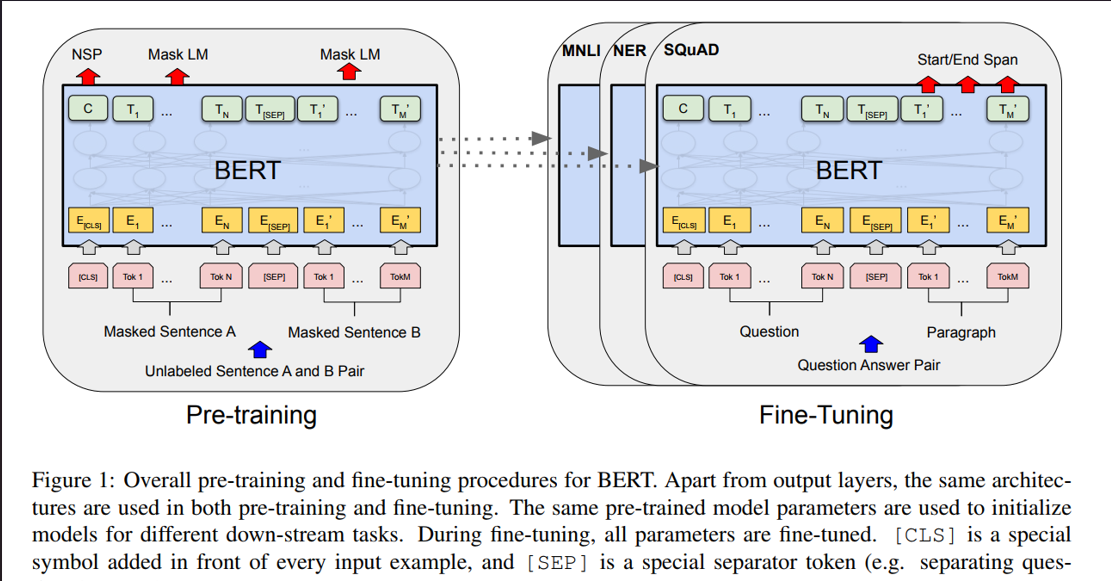UVa12298 Super Joker II
- 题目链接
- 题意
- 输入格式
- 输出格式
- 分析
- AC 代码
题目链接
UVa12298 Super Joker II
题意
有一副超级扑克,包含无数张牌。对于每个正合数p,恰好有4张牌:黑桃p,红桃p,梅花p和方块p(分别用pS、pH、pC 和pD 表示)。没有其他类型的牌。
给定一个整数n,从4种花色中各选一张牌,问有多少种组合可以使得点数之和等于n。例如,n=24的时候,有一种组合方法是4S+6H+4C+10D,下图所示。

不巧的是,有些牌已经丢失(题目会提供已经丢失的牌的列表)。并且为了让题目更有趣,我们还会提供两个正整数a和b,你的任务是按顺序输出n=a, n=a+1, n=a+2, …, n=b时的答案。
输入格式
输入包含不超过25组数据。每组数据的第一行为3个整数a, b, c,其中c是已丢失的牌的张数。第二行包含c个不同的字符串,即已丢失的牌。这些牌形如pS, pH, pC 或者pD,其中p是一个正合数。输入结束标志为a=b=c=0。最多有一组数据满足a=1, b=50000且c≤10000,其他数据满足1≤a≤b≤100, 0≤c≤10。
输出格式
对于每组数据,输出p 行,每行一个整数。每组数据后输出一个空行。
分析
只需要对生成函数理解清楚了,就可以套用快速傅里叶变换(FFT)求解。初次接触FFT的话,推荐看看这篇知乎,GhostLX大佬给出了模板:
void dft(Complex a[])
{
for (int i = 0; i < tot; i++)
{
if (i < rev[i])
swap(a[i], a[rev[i]]); //只需要交换一次就行了,交换两次等于没有换
}
for (int mid = 1; mid < tot; mid <<= 1)
{
auto w1 = Complex({cos(PI / mid), sin(PI / mid)});
for (int i = 0; i < tot; i += mid * 2)
{
auto wk = Complex({1, 0}); //初始为w(0,mid)
for (int j = 0; j < mid; j++, wk = wk * w1) //单位根递推式
{
auto x = a[i + j], y = wk * a[i + j + mid];
a[i + j] = x + y, a[i + j + mid] = x - y;
}
}
}
}
GhostLX大佬模板的单位根递推式像这样写wk = wk * w1,随着递推加深其实会带来精度误差的。推荐用这个模板:
namespace fft {
#include <cmath>
#define N 1<<21
int res[N], tot;
struct complex {
double x, y;
void operator+= (const complex &t) {
x += t.x; y += t.y;
}
complex operator- (const complex &t) const {
return {x - t.x, y - t.y};
}
complex operator* (const complex &t) const {
return {x * t.x - y * t.y, x * t.y + y * t.x};
}
} a[N], b[N];
/**
* inv=1时求的是傅里叶变换(DFT),inv=-1时求的是傅里叶逆变换(IDFT)
*/
void fft(complex (&a)[N], int inv) {
for (int i=0, j=0; i<tot; ++i) { // 原地快速bit reversal
if(j > i) {complex t = a[i]; a[i] = a[j]; a[j] = t;}
int k = tot;
while(j & (k >>= 1)) j &= ~k;
j |= k;
}
for(int step=1; step<tot; step<<=1) {
// 把每相邻两个“step点DFT”通过一系列蝴蝶变换合并为一个“2*step点DFT”
double alpha = inv*M_PI / step;
// 为求高效,我们并不是依次执行各个完整的DFT合并,而是枚举下标k
// 对于一个下标k,执行所有DFT合并中该下标对应的蝴蝶变换,即通过E[k]和O[k]计算X[k]
// 蝴蝶变换参考:http://en.wikipedia.org/wiki/Butterfly_diagram
for(int k=0; k<step; k++) {
// 计算omega^k
complex wk = {cos(alpha*k), sin(alpha*k)};
for(int Ek=k; Ek<tot; Ek += step<<1) { // Ek是某次DFT合并中E[k]在原始序列中的下标
int Ok = Ek + step; // Ok是该DFT合并中O[k]在原始序列中的下标
complex t = wk * a[Ok]; // 蝴蝶变换:x1 * omega^k
a[Ok] = a[Ek] - t; // 蝴蝶变换:y1 = x0 - t
a[Ek] += t; // 蝴蝶变换:y0 = x0 + t
}
}
}
}
void workFFT(int n, int m) { // a[0, n], b[0, m]
int bit = 0;
while ((1 << bit) < n + m + 1) ++bit;
tot = 1 << bit;
fft(a, 1); fft(b, 1);
for (int i=0; i<tot; ++i) a[i] = a[i] * b[i]; //点表示法直接运算
fft(a, -1); //逆变换,点表示法转换为多项式表示法
for (int i=0, j=m+n; i<=j; ++i) res[i] = a[i].x / tot + 0.5; //向上取整
}
}
AC 代码
#include <iostream>
#include <cmath>
using namespace std;
#define M 50020
#define N 1<<17
int na, nb, nc, tot; bool f[M] = {false};
struct complex {
double x, y;
void operator+= (const complex &t) {
x += t.x; y += t.y;
}
complex operator- (const complex &t) const {
return {x - t.x, y - t.y};
}
complex operator* (const complex &t) const {
return {x * t.x - y * t.y, x * t.y + y * t.x};
}
} a[4][N];
void fft(complex (&a)[N], int inv) {
for (int i=0, j=0, k; i<tot; ++i) {
if(j > i) {complex t = a[i]; a[i] = a[j]; a[j] = t;}
for (k = tot; j & (k >>= 1); j &= ~k);
j |= k;
}
for(int step=1; step<tot; step<<=1) {
double alpha = inv*M_PI / step;
for(int k=0; k<step; k++) {
complex wk = {cos(alpha*k), sin(alpha*k)};
for(int Ek=k; Ek<tot; Ek += step<<1) {
int Ok = Ek + step; complex t = wk * a[Ok];
a[Ok] = a[Ek] - t; a[Ek] += t;
}
}
}
}
void solve() {
int bit = 0; tot = (nb<<1) | 1;
while ((1 << bit) < tot) ++bit;
tot = 1 << bit;
for (int i=0; i<tot; ++i) a[0][i] = a[1][i] = a[2][i] = a[3][i] = {i<nb && f[i] ? 1. : 0., 0.};
while (nc--) {
int v; char h; cin >> v >> h;
a[h == 'S' ? 0 : (h == 'H' ? 1 : (h == 'C' ? 2 : 3))][v].x = 0.;
}
for (int i=0; i<4; ++i) fft(a[i], 1);
for (int i=0; i<tot; ++i) a[0][i] = a[0][i] * a[1][i], a[2][i] = a[2][i] * a[3][i];
fft(a[0], -1); fft(a[2], -1);
for (int i=0; i<tot; ++i) a[0][i] = {i<nb ? a[0][i].x / tot : 0., 0.}, a[2][i] = {i<nb ? a[2][i].x / tot : 0., 0.};
fft(a[0], 1); fft(a[2], 1);
for (int i=0; i<tot; ++i) a[0][i] = a[0][i] * a[2][i];
fft(a[0], -1);
for (int i=na; i<=nb; ++i) cout << (long long)(a[0][i].x / tot + .5) << endl;
cout << endl;
}
int main() {
for (int i=2; i*i<M; ++i) if (!f[i]) for (int j=i*i; j<M; j+=i) f[j] = true;
while (cin >> na >> nb >> nc && (na || nb || nc)) solve();
return 0;
}



















